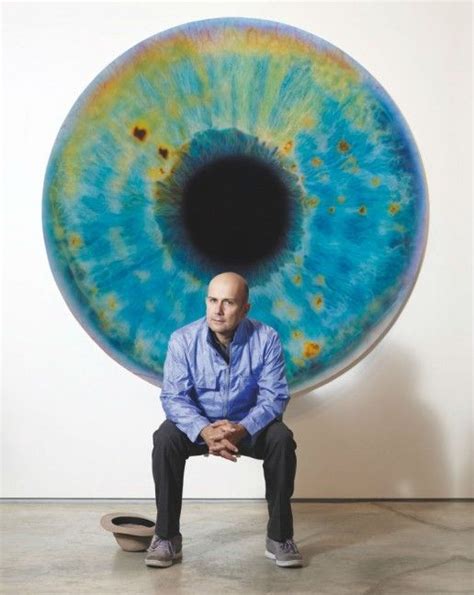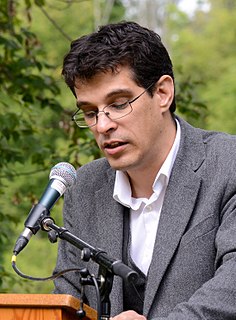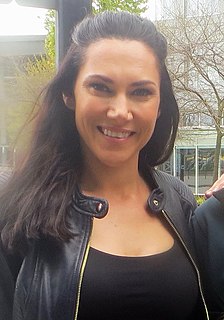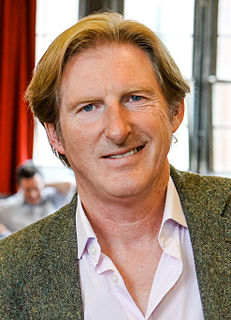A Quote by Sarah Kay
For some reason there's this myth that creativity - [especially] in terms of creative writing - is a gift you either have, or you don't. So when people first start writing, if they write something that's not very good, or if they try and it's difficult, they go, "Oh, I guess I don't have it." That doesn't seem very fair, you have to try and you have to work at it. If we get scared of one bad poem and quit, that's not doing anybody any good.
Related Quotes
There are very few good writers about art, and you either get art-fashion writing with trendy views or you get very traditional writing. Occasionally, you get people who can write in an interesting way. Really, I think in a sense art writing needs to be renewed as well. It's in a pretty bad condition.
The very first thing I tell my new students on the first day of a workshop is that good writing is about telling the truth. We are a species that needs and wants to understand who we are. Sheep lice do not seem to share this longing, which is one reason they write so very little. But we do. We have so much we want to say and figure out.
People I know who succeed don't mind working. Those who are competent seem to like doing things well -- not stopping because they haven't accomplished what they wanted to on the first go-round. They're willing to do it twenty times, if necessary. There's an illusion that the good people can easily do something, and it's not necessarily true. They're just determined to do it right. I was impressed by hearing one of the women at Radcliffe talk about writing a poem, how many revisions a single poem sometimes has to go through -- fifty or sixty revisions to come out with a poem sixteen lines long.
People who write for reward by way of recognition or monetary gain don't know what they're doing. They're in the category of those who write; they are not writers. Writing is simply something you must do. It's rather like virtue in that it is its own reward. Writing is selfish and contradictory in its terms. First of all, you're writing for an audience of one, you must please the one person you're writing for. Yourself.
But, it takes some of the characters to some very dark places, and they start doing things that they might not do, if they were in regular circumstances. Their true humanity comes out - the good and the bad. Something else that was fun was that every director would come in so excited to go with their own creativity.
I started writing the book without realizing I was writing a book. That sounds stupid, but it's true. I'd been trying and failing to make a different manuscript work, and I thought I was just taking a break by writing some short stories. I'm not a very good short story writer - the amazing compression that is required for short stories doesn't come easily to me. But anyway, I thought I'd try to write some short stories. And a structure took shape - I stumbled upon it.
I try to be realistic with students. And say that there's a good chance that they're not going to get a creative writing teaching job, that there aren't enough jobs to go around and the university faculties are cutting back on staff and that they may have to get some other kind of work. None of them wants to hear that, but it is true and I think I'm a good example for them of somebody who took the other route.
When I was fifteen I wrote seven hundred pages of an incredibly bad novel - it's a very funny book I still like a lot. Then, when I was nineteen I wrote a couple hundred pages of another novel, which wasn't very good either. I was still determined to be a writer. And since I was a writer, and here I was twenty-nine years old and I wasn't a very good poet and I wasn't a very good novelist, I thought I would try writing a play, which seems to have worked out a little better.




































